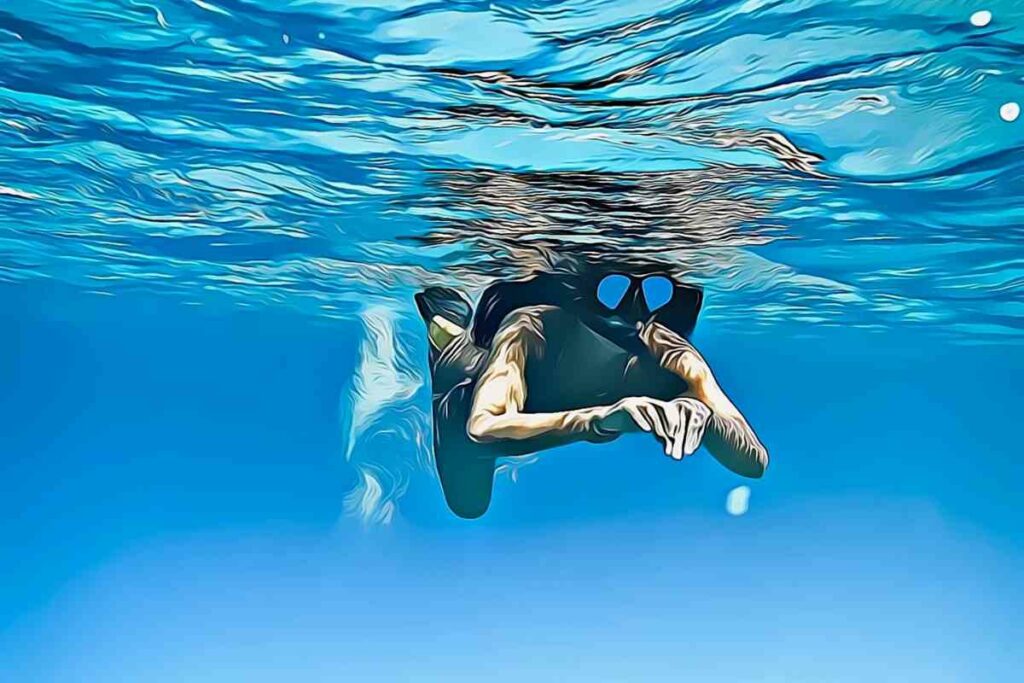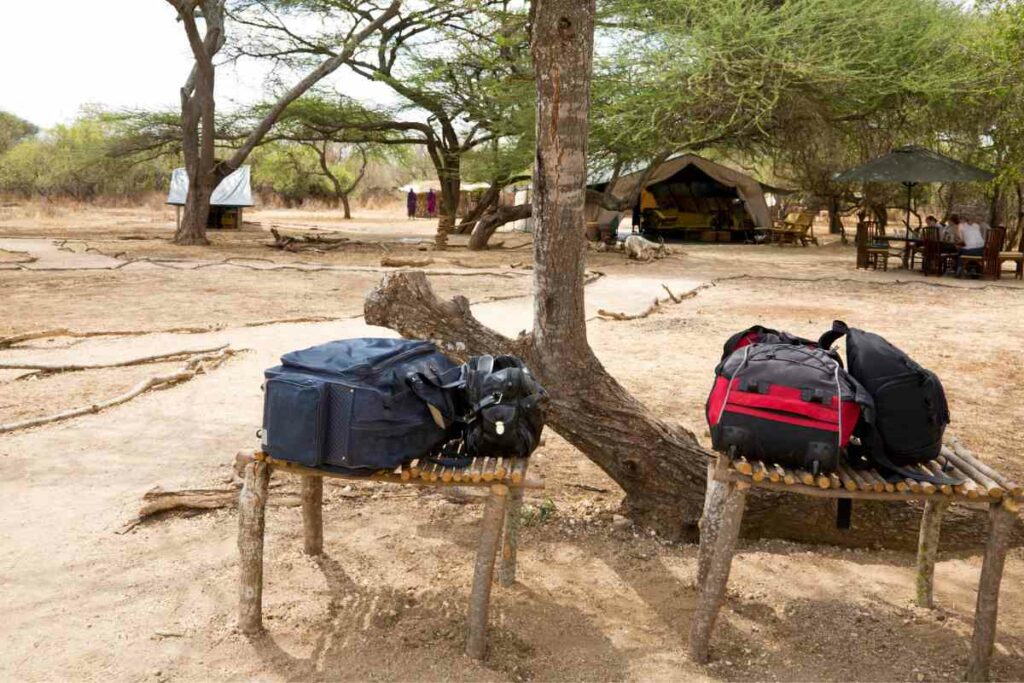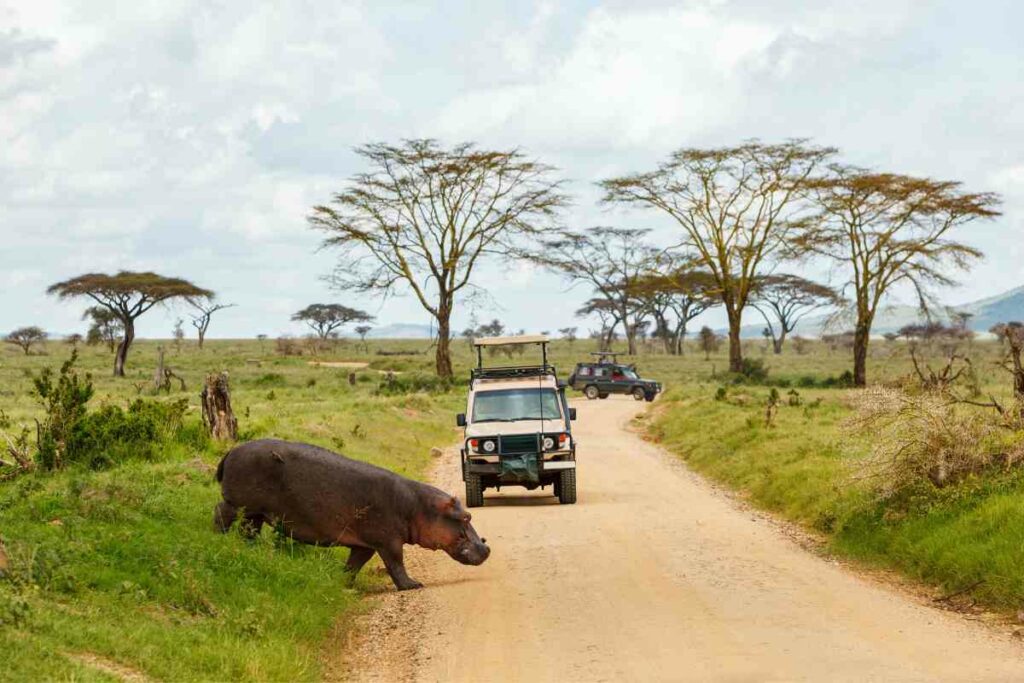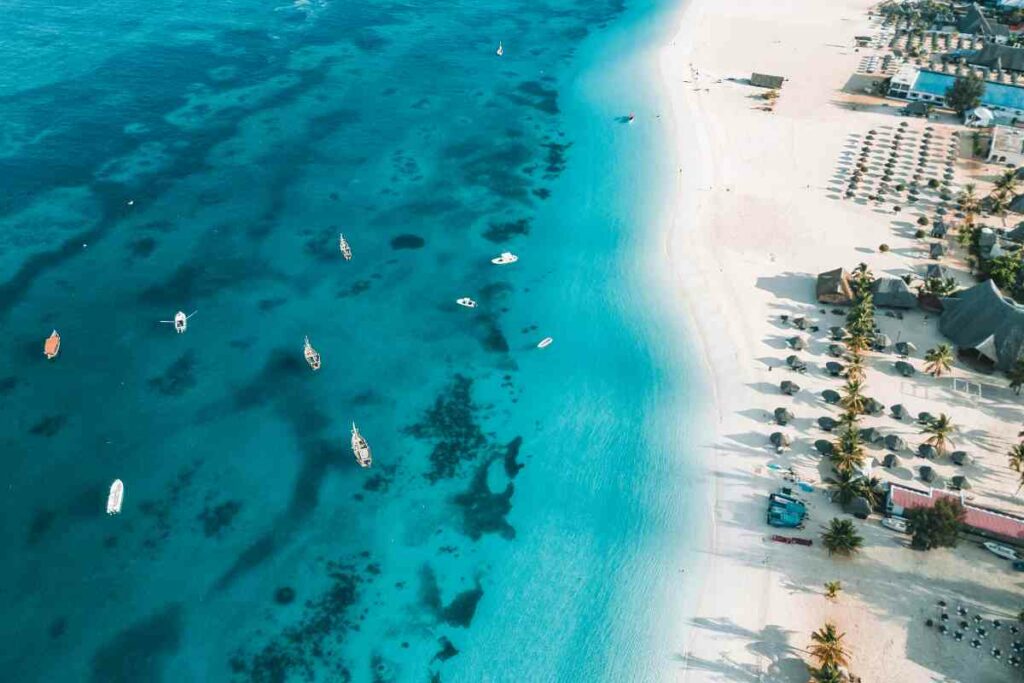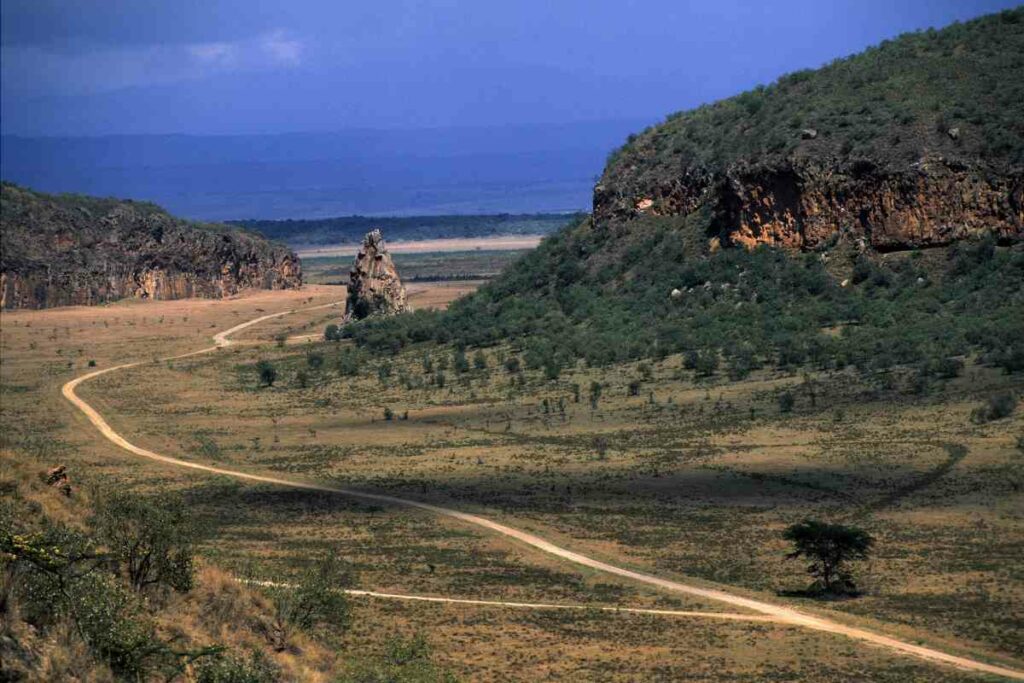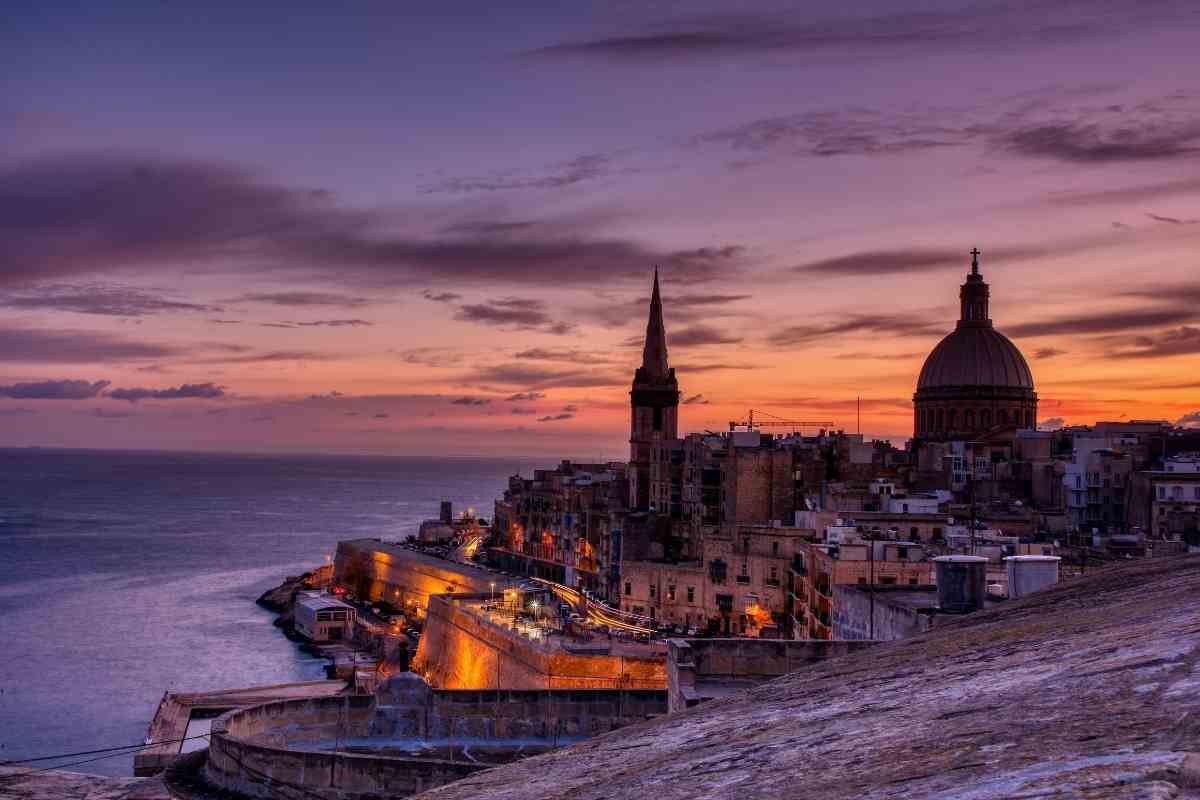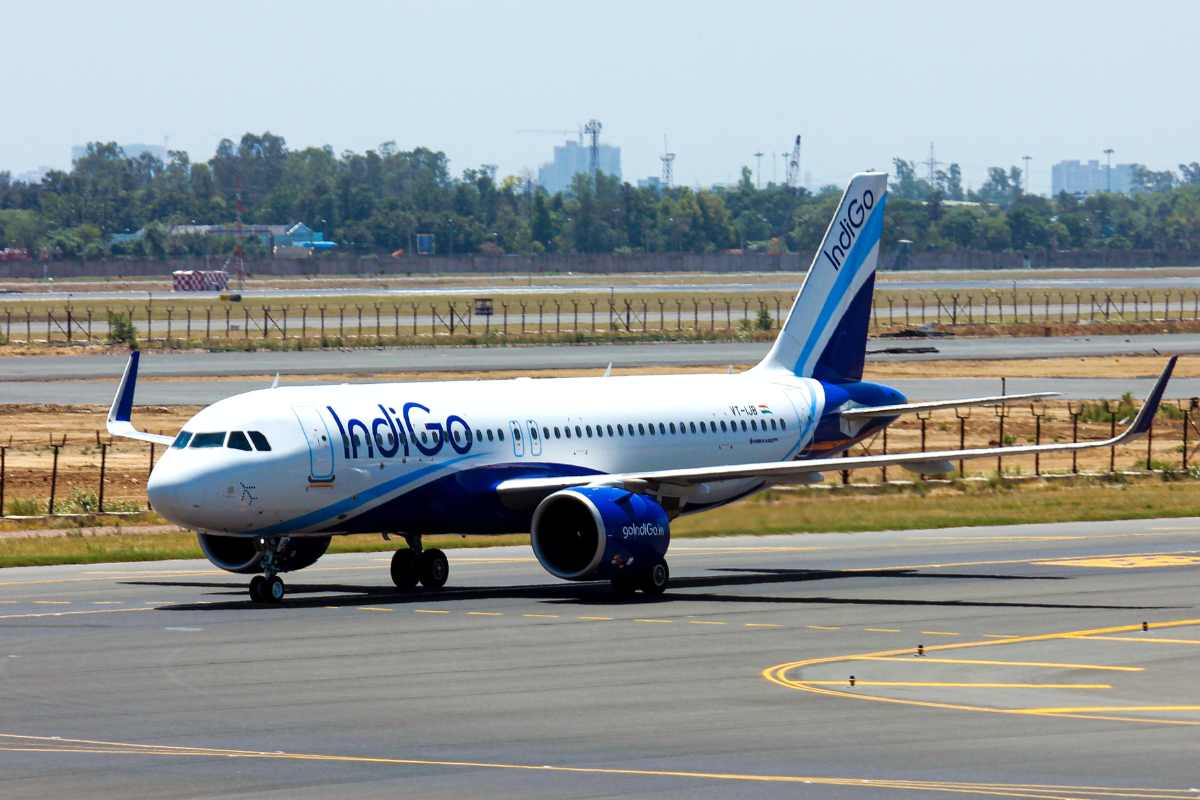Kenya is one of the most visited countries in the world, as it is home to many great national parks and reserves, including the Maasai Mara National Reserve and Amboseli Reserve.
Kenya is generally safe, especially compared to some of the surrounding countries.
Even so, visitors are encouraged to exercise increased caution while in the country.
What Is Kenya`s Travel Advisory
A travel advisory is a warning statement issued by the US government to provide information about how safe it is to visit a certain foreign country.
Travel advisories are divided into four levels depending on the degree of safety of a certain country.
- Level 1 – Exercise Normal Precautions
- level 2 – Exercise Increased Caution
- level 3 – Reconsider Travel
- level 4 – Do Not Travel
In essence, the safest countries have a level 1 travel advisory, while the most unsafe countries to travel to are a Level 4.
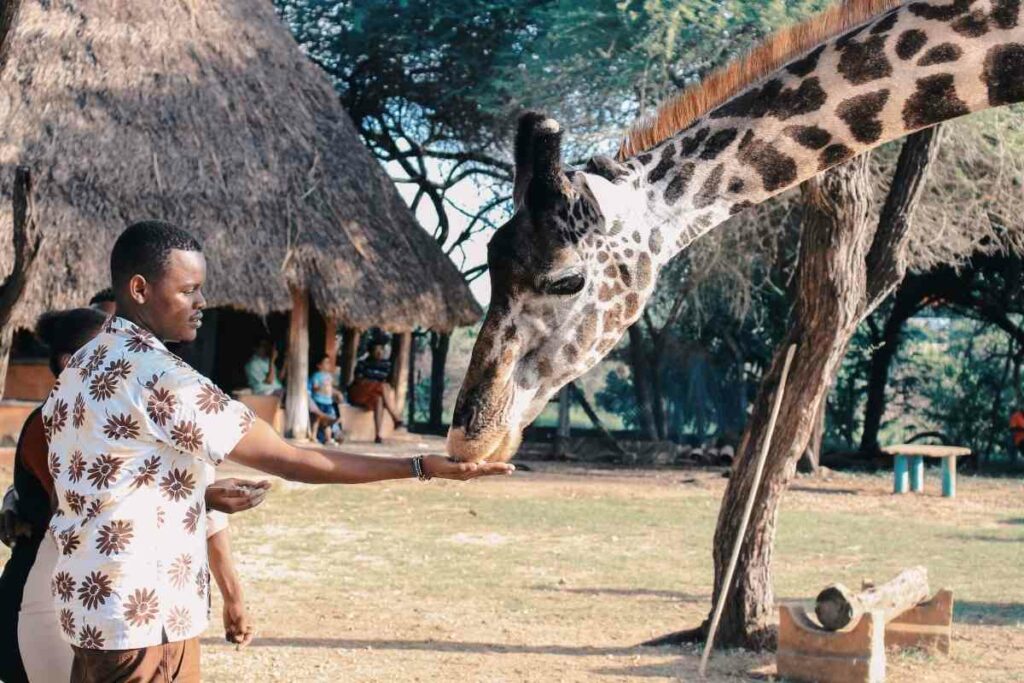
Kenya’s travel advisory is at level 2, and visitors are encouraged to be vigilant because of cases of crime, terrorism, kidnapping, civil unrest, and health issues in the country.
Keep In Mind – Before you get alarmed by a level two travel advisory, European countries with the same travel advisory level as Kenya include Germany, France, Italy, the Netherlands, the United Kingdom, and Spain. So, Kenya is just as safe as these countries. If you feel safe enough to travel to, say, France, then you would be good to go to Kenya.
Kenya is a country prone to crime and has had a brush with terrorist attacks in the recent past, orchestrated by the Al-Shabaab militia group that originates from the neighboring country of Somalia.
The group basically targets Kenyans and foreign government agencies.
Terrorist attacks have occurred in malls, tertiary education institutions, transportation hubs, and places of worship.
Now and then, civilians hold demonstrations that block key intersections and cause traffic jams.
These demonstrations are more common during the election period, when the police often get involved and use deadly force against civilians, mostly in the Nairobi and Western regions of the country.
The Kenya Travel Advisory warns against going to some places in the country that are considered relatively unsafe.
Visitors are encouraged to stay away from the Kenya-Somalia border, the Turkana region, and the coastal areas of Lamu, Tana River, and some parts of Malindi.
Is It Safe to Go on Safari In Kenya?
The country’s main attractions are its national parks.
The Maasai Mara National Reserve, Amboseli National Park, Watamu, and Mount Kenya Park are considered safe.
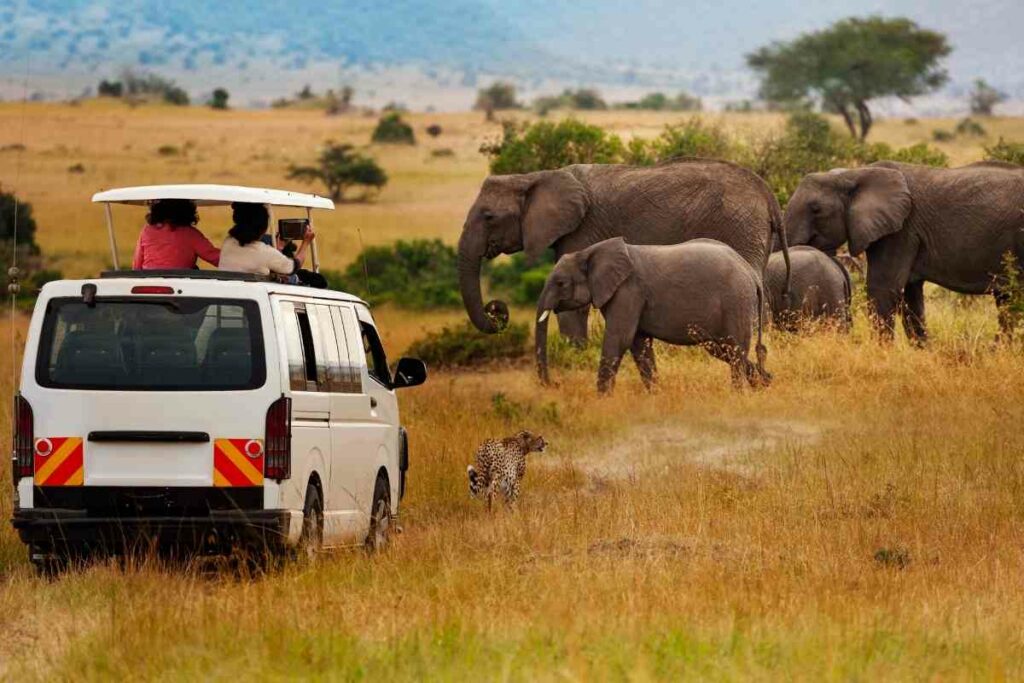
You do not have to be overly vigilant in these places.
The security detail in the parks and trails is foolproof, so the chances of getting robbed and kidnapped are very slim.
Also, the parks are well-run, and the hotels are superb. They do not give access to just anyone in the hotels – you have to really have checked in.
The one thing that could pose a danger to you during safari is close proximity to wildlife.
To Keep Safe – Stay where you are supposed to at all times, and follow the instructions provided by the lodge staff, guides, and drivers.
How Safe is Kenya’s Capital?
Nairobi isa great stopover on safari and beach loops as it has amazing restaurants, great bars, and shopping malls.
As with big cities in Africa, Nairobi has a reputation for crime, and cases of home invasion, mugging, carjacking, and kidnapping are rampant.
Some streets are safer than others, but you still have to be ready for anything.
However, in most place chances of you being violently robbed are very rare.
That said, cases of pickpocketing in the busier streets are very common, where thieves use a technique popularly dubbed the “Nairobi Bump.”
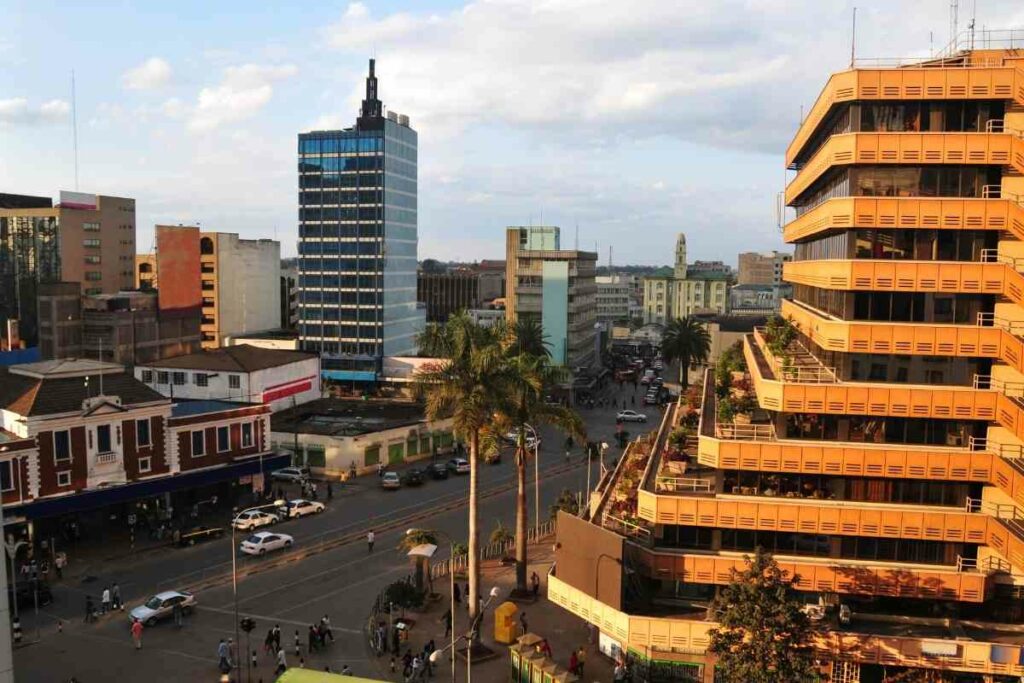
This is where someone ‘bumps’ into you and apologizes profusely, and the whole time they have stolen from you.
There are also people masquerading as ‘beggars’ in the streets, hoping to take advantage of innocent and unsuspecting civilians and visitors.
If you engage with them, chances are high that you will get tricked into giving away your hard earned money or even get mugged.
So, you have to resist interacting with strangers of any kind.
It helps to keep your expensive and flashy items out of sight.
You don’t want to stick out like a sore thumb and attract attention to yourself.
Save your big DSLR camera for the safari and the expensive phones for when you are in the safety of your hotel, especially during the night.
The Kenya Travel advisory advises visitors to steer off the Nairobi neighborhoods of Eastleigh, Kibera, and Pangani as the crime rates are too high.
Also, the local police lack the resources and training to respond effectively and in good time, especially with serious incidences.
Emergency medical and fire services are also not very responsive.
Is Kenya Safe for Solo Travel?
Sometimes, you want to travel alone and experience things by yourself.
Kenya is generally safe for solo travelers, provided you observe the basic safety rules.
If you are going on safari, for instance, it would be much safer to hire a guard or join a group of travelers.
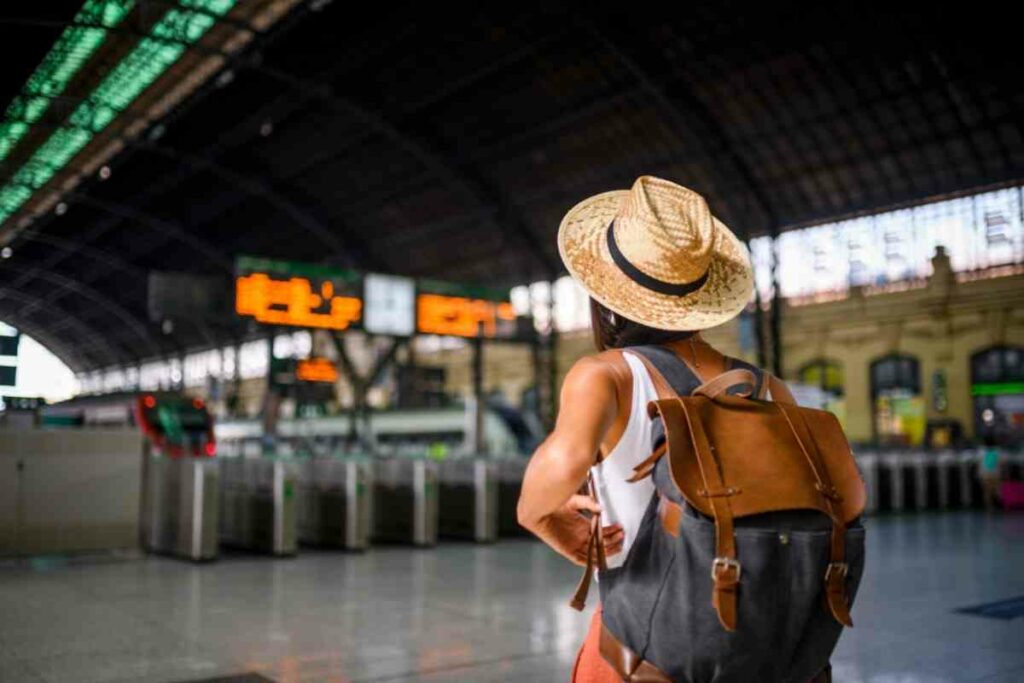
A well-trained guide will help you avoid encounters with wildlife.
While it is convenient to rent a car to help you move around, driving yourself in wildlife parks is highly discouraged.
Driving elsewhere is relatively safe, provided you observe traffic rules and are in a position to acquire help if your rented car breaks down.
Nairobi, the capital, is an emerging hub for business travelers.
Heads Up! Remember to keep off the neighborhoods marked as dangerous and avoid going out at night.
Also, it is advisable to move around in a cab or a rented car.
Is Kenya Safe for LGBTQ Travelers?
Kenya is big on anti-gay laws. The country’s Penal Code criminalizes homosexuality, and offenders face punishments of up to 14 years in prison.
There is general intolerance of LGBTQ+ members in Kenya, and the country ranks pretty low on the Spartacus Gay Travel Index.
While some people are quite progressed and open-minded, the majority are homophobic.

So, it is best to be discreet about your sexuality while in the country to avoid condemnation and harassment.
Public Display of Affection is especially ill-advised; it is best to save it for the constraints of your hotel room.
Still, many tour operators are tolerant and take good care of LGBTQ+ travelers.
There is general acceptance from guides, hotel staff, and crew members.
In Nairobi – There are LGBTQ+-friendly clubs around the Westlands and Karen Area.
Are Female Travelers Safe in Kenya?
Kenya is very safe for female travelers.
Many women who have been to the country report that the locals are pretty friendly and respectful.
Still, things like catcalling and harassment may occur in certain areas.

So, it is imperative for a female traveler to avoid walking alone in isolated areas or going out at night without company.
Also, it is advisable to move around by Uber or other types of cabs.
If it’s the coast, avoid walking on lonely beaches.
Essentially, Nairobi is way safer for women than some countries in the Middle East.
How To Stay Safe When in Kenya: Safety Tips
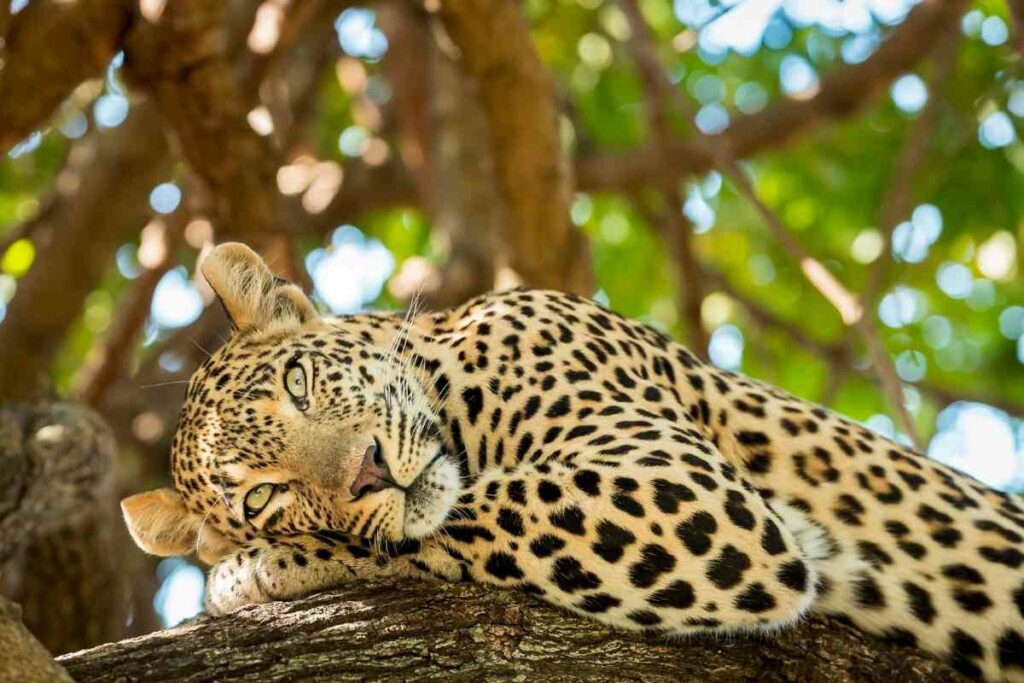
The following are tips to enhance your safety when you travel to Kenya, a country with a Travel Advisory Level 2:
- If you happen to run into robbers, don’t physically resist robbery attempts. Try to comply for your own safety.
- Look into local media to know what is happening locally.
- Always have a copy of your passport and visa as you move around.
- Have contingency plans to leave the country as soon as it is necessary.
- Avoid drinking tap water as it is usually untreated.
- Visit your doctor before the trip to acquire malaria pills, as the country is rife with mosquitoes. It will help to bring bug repellents as well.
- Avoid informal settlements in big cities like Nairobi and Mombasa, as they have high crime rates.
- Refrain from displaying flashy items as they will draw attention to you and attract robbers.
- Carry limited cash. It is safer to use Mpesa, a cashless payment method that is widely used in the country.
- If you have to carry your credit cards or passport, especially in the cities, put them in a separate place other than your wallet where they are not easily accessible.
Final Thoughts
Kenya is an immensely beautiful country with numerous game parks, beautiful landscapes, and gorgeous beaches.
It is a hub for tourists who want to see the Big 5 and sunbathe.
As far as safety goes, the country is a Travel Advisory Level 2, which requires visitors to exercise increased caution when in the country and avoid certain high-risk areas within the country.
Therefore, it is important for visitors to be vigilant and cautious while cruising through the country and follow the tips highlighted in this article.
Solo travelers and female travelers are relatively safe in the country if they adhere to safety tips.
As for LGBTQ+ travelers, it is advisable to keep their sexuality on the down low as Kenya is not tolerant of homosexuality.


